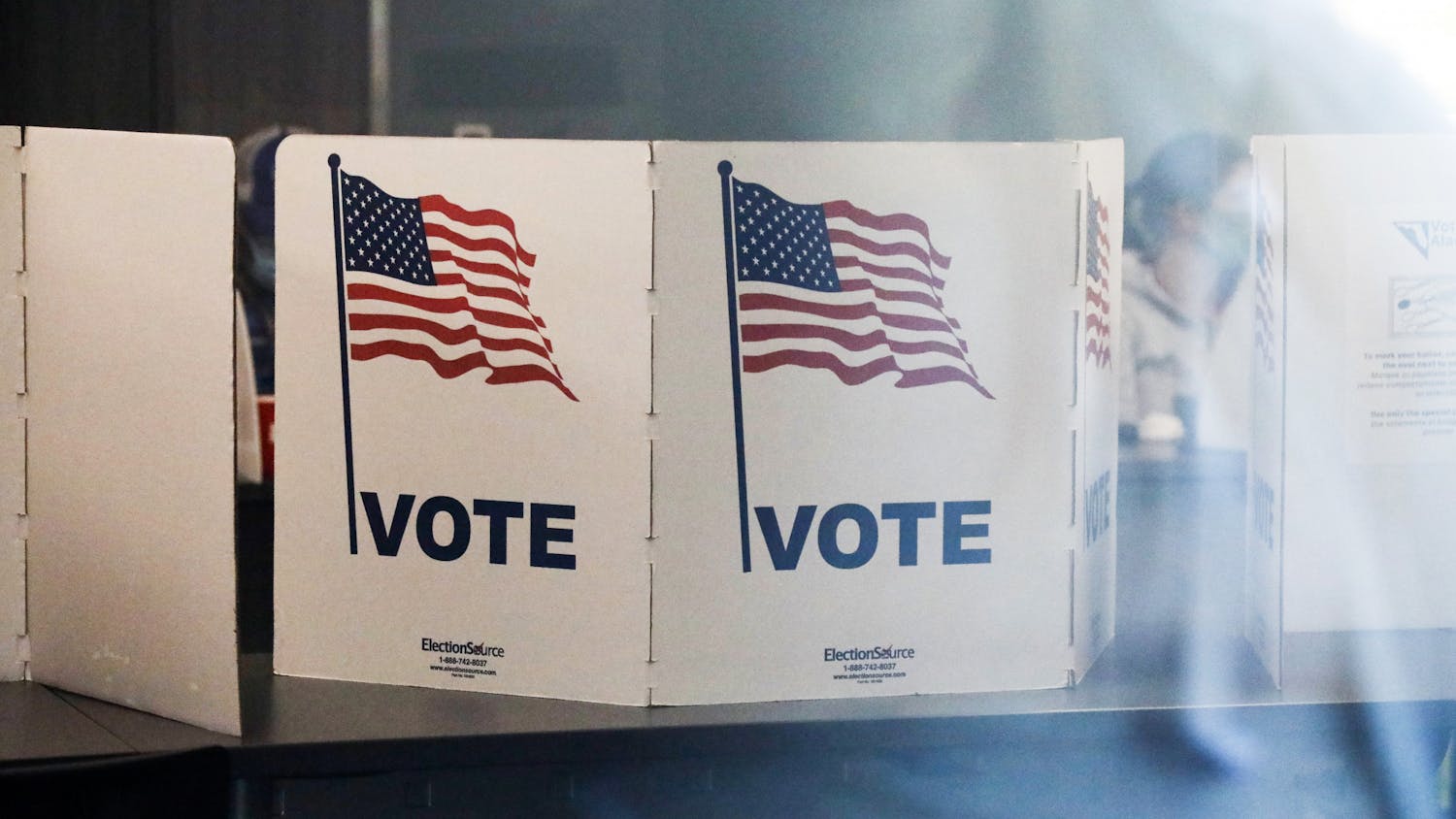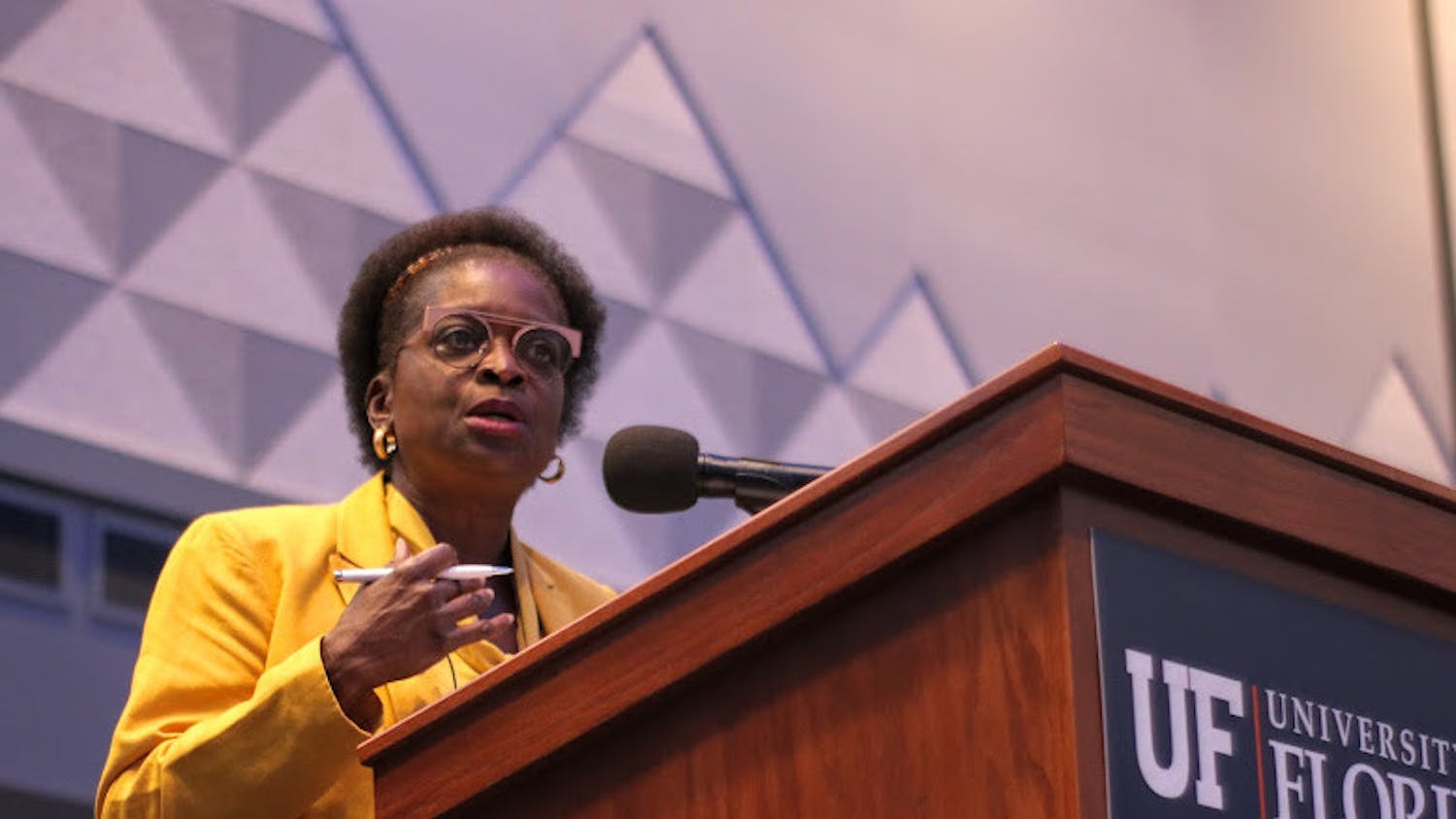With election day looming, some city residents have answered their phones to hear recorded voices urging them to vote.
But political calls aren’t the only robotic calls reaching residents. Unwanted telemarketing calls and texts were in the top three complaint categories at the Federal Communications Commission in 2011.
In the wake of the complaints, the FCC has adopted new rules to weed out some unwanted calls, according to a news release.
Despite the high number of these types of calls from political organizations during the recent elections in Florida, the new restrictions only apply to telemarketing companies.
Some of the new rules that apply only to telemarketers include:
- Requiring telemarketers to get prior written consent, which includes consent given on a website form, from the caller before placing a robotic call to a consumer.
- Requiring telemarketers to provide an automated “opt-out” option during each robotic call so consumers can immediately tell the telemarketer to stop calling their phones.
“Political organizations and charities are exempt,” said Janice Wise, a spokeswoman for the FCC. “They are protected by the First Amendment and have to adhere to separate guidelines.”
Wise said political robotic calls to cellphones will still require some kind of consent, but it doesn’t necessarily have to be in writing because the calls are not for telemarketing purposes.
Spiro Kiousis, chairman of the public relations department at UF, said the calls are important because they get the candidates’ message out to voters.
“I believe they are effective at providing information to voters and for reinforcing voters inclined to support a candidate,” Kiousis said.
According to the release, the rules also make sure that informational calls, such as those related to school closings and flight changes, continue to be available to consumers who wish to receive them.
Wise said the FCC cannot comment on whether or not additional restrictions on robotic calls will be implemented in the future.





